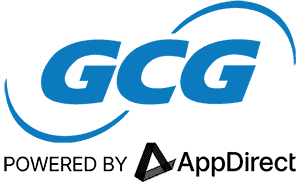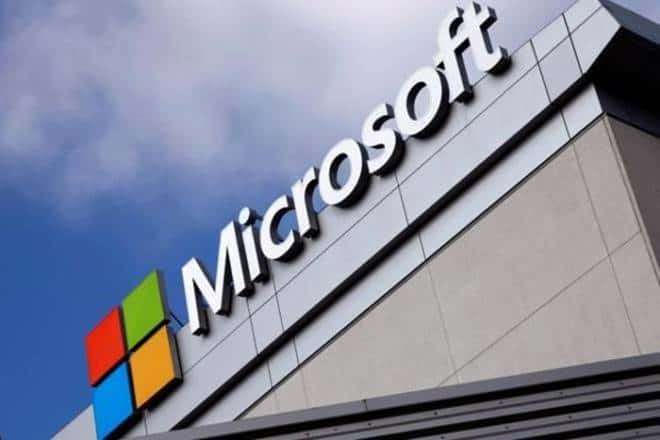Microsoft is investing $1 billion in OpenAI, a San Francisco-based research group dedicated to creating artificial general intelligence (AGI). Through the partnership, the companies will accelerate breakthroughs in AI and power OpenAI’s efforts to create artificial general intelligence. The collaboration will help Microsoft extend Azure’s capabilities in large-scale AI systems further.
“AI is one of the most transformative technologies of our time and has the potential to help solve many of our world’s most pressing challenges,” said Satya Nadella, CEO, Microsoft. “By bringing together OpenAI’s breakthrough technology with new Azure AI supercomputing technologies, our ambition is to democratize AI — while always keeping AI safety front and center—so everyone can benefit.”
According to Microsoft, the partnership covers the following:
- Microsoft and OpenAI will jointly build new Azure AI supercomputing technologies
- OpenAI will port its services to run on Microsoft Azure, which it will use to create new AI technologies and deliver on the promise of artificial general intelligence
- Microsoft will become OpenAI’s preferred partner for commercializing new AI technologies
OpenAI was founded in 2015 as a nonprofit research lab with $1 billion in funding from Silicon Valley luminaries, including Sam Altman, Peter Thiel and LinkedIn co-founder Reid Hoffman. Earlier this year, it set up a new for-profit firm to seek outside investment. OpenAI’s mission is to ensure that artificial general intelligence benefits all of humanity.
“Our mission is to ensure that AGI technology benefits all of humanity, and we’re working with Microsoft to build the supercomputing foundation on which we’ll build AGI. We believe it’s crucial that AGI is deployed safely and securely and that its economic benefits are widely distributed. We are excited about how deeply Microsoft shares this vision,” said Sam Altman, CEO, OpenAI.
Through the partnership, the tech giant gained a prominent cloud-computing player from the artificial intelligence field. The two parties haven’t revealed the terms of the deal.

